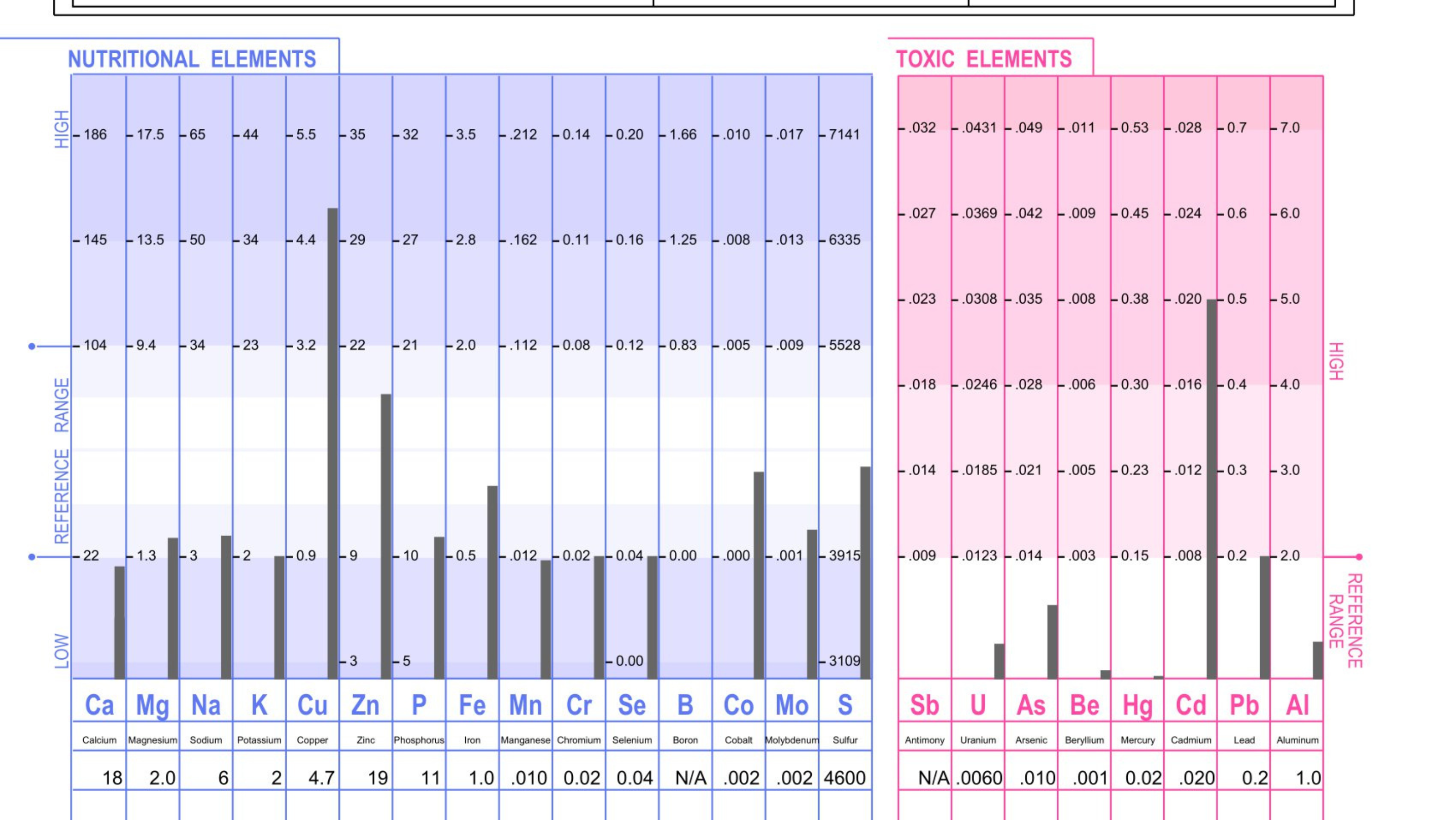This is a topic that is brought up often with clients: Insulin resistance. You may be thinking, Insulin Resistance? I’m not diabetic. This doesn’t doesn’t apply to me. And it might not! However, optimizing how well your body is able to utilize insulin is beneficial for everyone, especially if you are trying to conceive and enhance your fertility.
What is insulin resistance?
Insulin resistance is a metabolic condition where the body's cells become less responsive to the hormone insulin, which regulates blood sugar levels. When cells are resistant to insulin, the pancreas compensates by producing more insulin, leading to higher levels of insulin in the blood. Over time, this can result in elevated blood glucose levels and can contribute to infertility, weight loss resistance, & more.
Insulin Resistance and Fertility
Insulin resistance has a significant impact on fertility! It can cause excess inflammation, hormone imbalances, impact thyroid function, cholesterol levels, & is closely linked to polycystic ovary syndrome (PCOS). Research has shown that about 50-70% of women with PCOS have insulin resistance .
Here’s how insulin resistance can impact your ability to get pregnant:
Cause hormones to be imbalanced: Insulin resistance can lead to elevated insulin levels, which can disrupt the normal hormonal balance in the body. High insulin levels increase the production of androgens (male hormones) by the ovaries, leading to irregular menstrual cycles, anovulation (lack of ovulation), and other symptoms.
Disrupts Ovulation: Insulin resistance can interfere with the maturation and release of eggs from the ovaries. Women with insulin resistance often experience irregular or absent ovulation, making it difficult to conceive .
Effects your endometrium: Elevated insulin levels can affect the lining of the uterus (endometrium), making it less receptive to implantation of a fertilized egg. This can further contribute to infertility issues .
How do you know if you have insulin resistance? The best way to know is to get a fasting insulin level done. I like to see clients fasting insulin at <6. This tells me they have good insulin sensitivity!
I want to leave you with a few ways on how you can start improving your insulin sensitivity. These are helpful even if your goal is not to get pregnant!
1. Increase your fiber intake: including plenty of fiber in your diet throughout the day can help improve insulin sensitivity by slowing down the absorption of sugar and preventing rapid spikes in blood glucose levels.
2. Keep your blood sugar stable throughout the day: this means eating balanced meals at regular intervals & not snacking mindlessly. This will help prevent large fluctuations in glucose levels. This consistency reduces the strain on your pancreas to produce insulin, helping to maintain better insulin sensitivity and manage insulin resistance more effectively.
3. Movement post meals: physical activity, such as a short walk, after meals can help improve insulin sensitivity by promoting glucose uptake by muscles and reducing blood sugar levels. Light housework works for this too!
4. Up your minerals: adequate intake of minerals such as calcium, sodium, magnesium, and potassium can help improve insulin sensitivity by supporting various metabolic processes, enhancing insulin signaling, and maintaining proper electrolyte balance, all of which are crucial for effective glucose metabolism.
5. Manage Stress: Stress contributes to insulin resistance by causing hormonal changes (elevated cortisol and adrenaline), increasing inflammation, autonomic nervous system dysregulation, behavioral changes, sleep disturbances, and increasing oxidative stress. Practice stress-reducing techniques such as mindfulness, meditation, or deep-breathing exercise. Do things that bring you joy and that help you relax!
6. Get Adequate Sleep: Poor sleep contributes to insulin resistance through multiple mechanisms, including hormonal imbalances, increased inflammation, autonomic nervous system dysregulation, altered glucose metabolism, reduced physical activity, and weight gain. Addressing sleep issues is an essential component of managing and preventing insulin resistance. Aim for 7-9 hours of quality sleep per night. Establish a regular sleep schedule and create a calming bedtime routine.
7. Supplements: This list is my no means comprehensive, but some supplements I utilize often in practice for clients who want to improve their insulin sensitivity are things like apple cider vinegar or bitters before meals, cinnamon, berberine, chromium, turmeric, myo-inositol and d-chiro-inositol (especially helpful for those with PCOS). If you are already doing the above action items, this could be the next step!
Insulin resistance can impact your fertility and is something that shouldn’t be overlooked! It impacts your hormones & ability to ovulate. Getting your levels checked and proactively working on supporting how your body utilizes insulin will benefit you if your goal is to get pregnant, lose weight, or even just to optimize your health & hormones.
If this is something you would like a little more guidance on, you can book a free consultation where we dive into how I can help you address this! Your goal doesn't have to be getting pregnant to work with me 😉
References
1. Goodman, N. F., Cobin, R. H., Futterweit, W., Glueck, J. S., Legro, R. S., & Carmina, E. (2015). American Association of Clinical Endocrinologists Medical Guidelines for Clinical Practice for the Diagnosis and Treatment of Hyperandrogenic Disorders. Endocrine Practice, 21(12), 1-46.
2. Diamanti-Kandarakis, E., & Dunaif, A. (2012). Insulin resistance and the polycystic ovary syndrome revisited: an update on mechanisms and implications. Endocrine Reviews, 33(6), 981-1030.
3. Cassar, S., Misso, M. L., Hopkins, W. G., Shaw, C. S., Teede, H. J., & Stepto, N. K. (2016). Insulin resistance in polycystic ovary syndrome: a systematic review and meta-analysis of euglycaemic-hyperinsulinaemic clamp studies. Human Reproduction, 31(11), 2619-2631.
4. Palomba, S., Santagni, S., Falbo, A., & La Sala, G. B. (2015). Complications and challenges associated with polycystic ovary syndrome: current perspectives. International Journal of Women's Health, 7, 745-763.






